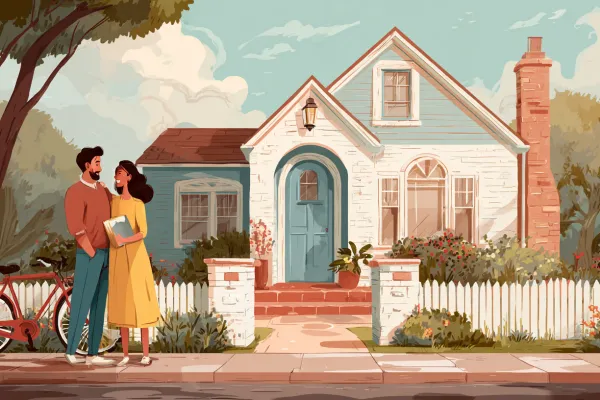The Main Components of a Home Plumbing System
Published on: 04/08/2025
Learn the 3 main components of your home's plumbing system: water supply, drainage, and fixtures. Understand how they work together and spot warning signs before costly repairs are needed.
Plumbing Basics

